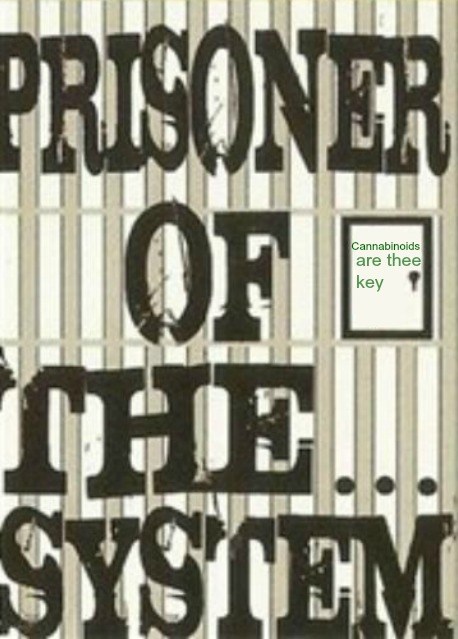G-Protein Receptor Kinase 5 Regulates the Cannabinoid Receptor 2-Induced Upregulation of Serotonin 2A Receptors.
Source
University of Kansas, United States.
Abstract
We have recently reported that cannabinoid agonists can upregulate and enhance the activity of 5-HT2A receptors in prefrontal cortex (PFCx). Increased expression and activity of cortical 5-HT2Areceptors has been associated with neuropsychiatric disorders such as anxiety and schizophrenia. Here we report that repeated CP55940 exposure selectively upregulates GRK5 proteins in rat PFCx and in a neuronal cell culture model. We sought to examine the mechanism underlying the regulation of GRK5 and to identify the role of GRK5 in the cannabinoid agonist induced upregulation and enhanced activity of 5-HT2A receptors. Interestingly, we found that cannabinoid agonist-induced upregulation of GRK5 involves CB2 receptors, β-Arrestin 2 and ERK1/2 signaling as treatment with CB2 shRNA lentiviral particles, β-Arrestin 2 shRNA lentiviral particles, or ERK1/2 inhibitor prevented thecannabinoid agonist induced upregulation of GRK5. Most importantly, we found that GRK5 shRNA lentiviral particle treatment prevented the cannabinoid agonist- induced upregulation and enhanced 5-HT2A receptor mediated calcium release. Repeated cannabinoid exposure was also associated with enhanced phosphorylation of CB2 receptors and increased interaction between β-Arrestin 2 and ERK1/2. These latter phenomena were also significantly inhibited by GRK5 shRNA lentiviral treatment. Our results suggest that sustained activation of CB2 receptors, which upregulates 5-HT2A receptor signaling, enhances GRK5 expression; the phosphorylation of CB2 receptors; and the β-Arrestin 2/ERK interactions. These data could provide a rationale for some of the adverse effects associated with repeated cannabinoid agonist exposure.


